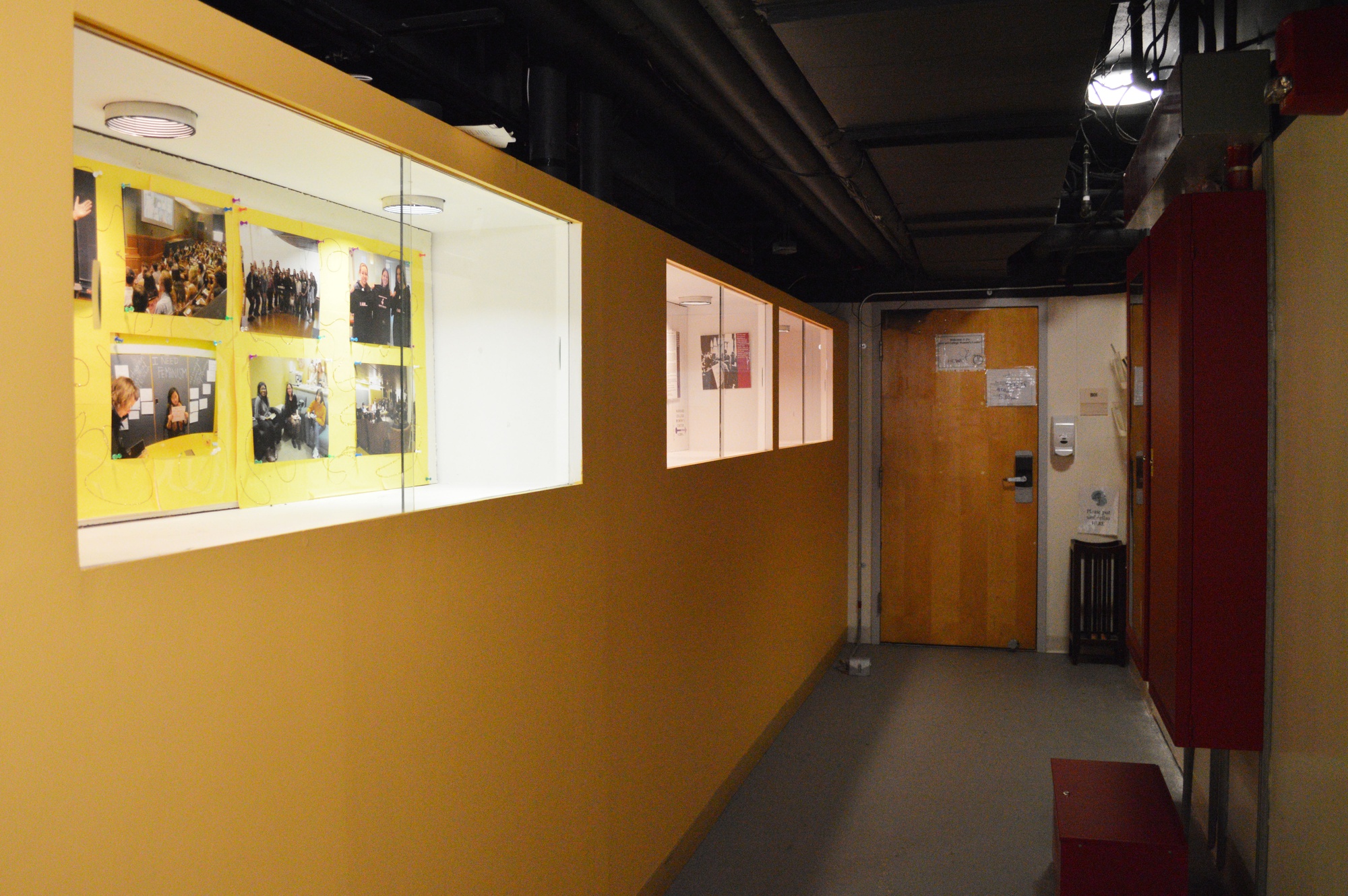
RAD's Fresh Take on Campus Justice
Rose, thorn, bud. A few minutes after 7 p.m., 15 women recount the highs and lows of their days at a gathering in the Women’s Center. With icebreakers out of the way, business commences: a conversation about the overlap of environmental justice and labor justice.
This is the Harvard College RAD Collective’s third meeting of the school year. The newly formed Reproductive Justice Action and Dialogue Collective is Harvard College’s only group dedicated to reproductive justice.
Many of RAD’s members first assembled in the Harvard College International Women’s Rights Collective, but eventually felt it wasn’t right to carry that title if they couldn’t devote equal time and energy to each of the many facets of international women’s rights. The organization revamped and changed its focus to reproductive justice.
With that rebranding, the group changed their titular focus from “reproductive rights” to “reproductive justice,” a kind of activism which aims to use social justice to empower women and create sustainable environments for families.
Reproductive justice, a term coined in 1994, adds historically underrepresented identities to the movement and focuses on human rights.
Lack of awareness about these issues on campus is RAD’s “thorn,” but it also drives their work. The group plans to promote reproductive justice at Harvard through informative meetings, presentations, and action-based events. RAD’s focus this year lies with direct action, beginning with events like a recent phone bank to call Senators and protest the Graham-Cassidy health care bill, which would have pulled funding from Planned Parenthood.
RAD’s “rose?” Activism. Lizzy K. Schick ’19, the group’s co-president, says that many students are hesitant about being politically active, something the group hopes to change. “It doesn’t have to be your whole thing at Harvard…Our events are for anybody who wants to get involved,” Schick says.
The group’s mission is to develop increased opportunities for involvement and redefine advocacy on campus. This translates to incorporating the arts and seminar-style “teach ins-in” with more standard advocacy.
“We’re trying to approach the same issue from a variety of different angles,” Zoe A. Kibbelaar ’18, a RAD member, says.
The only requirement to join RAD is curiosity. Some members had never heard the term “reproductive justice” until discovering the organization. There is no comp process—the group’s activities remain open to all. RAD’s “bud,” after all, is the ideas that they hope new members will bring.


